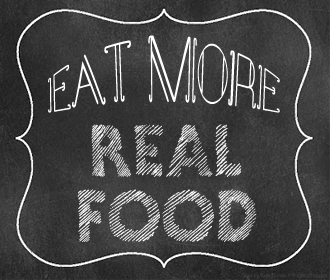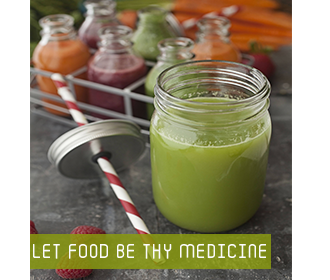1. Chocolate gives you acne. I’ve heard this one since I was twelve-I’d choose marshmallows over chocolate because it was ‘healthier’. But while chocolate may not be contributing to acne, the sugar in it definitely can be a contributing factor.
2. Being vegetarian is healthier and every teen should try it. Teens usually mess up this diet choice. The most common scenario: they believe that they’re eating legumes, fermented tofu and a rainbow of vegetables, but it usually isn’t happening. More often it is french fries and nachos slathered in cheese sauce…Or other fast food “vegetarian delights”. Encourage your teen to try a wide variety of foods, vegetarian or not, and to understand there choices based on both society concerns and an understanding of what they are actually putting in their bodies.
3. Eating fruit is just as good as eating vegetables. This one can be fairly confusing: we’re always told to eat fruits and vegetables and so we think they’re equal (fact: we probably need more vegetables than fruit). Blueberries and apples are great for us, but most people end up eating a bunch of high-sugar bananas in one sitting and think it’s knocking the same benefit as a plate of broccoli. Try to aim for a higher ratio of vegetables to fruits (4:1). We suggest also suggest that you try and “Eat a Rainbow”-try to eat many different colours of fruits and vegetables.
4. Multi-grain is the same as whole grain. This one can be misleading: multigrain just means that a product contains many grains (not necessarily whole), and whole-grain means that it contains all parts of the grain (cereal germ, endosperm and the bran). When in doubt, choose whole-grain over multi-grain, unless the word ‘whole’ is used in the label.
5. Low fat foods are healthier. This is a lie that’s been perpetuated since the 1970s. But that low-fat sour cream probably contains more stabilizers, sugar, salt, and other nutritional additives that we just don’t need. That said, all fats are not created equal: olive oil is a better choice than margarine, as an example.
6. Flavoured yogurt is healthy. As kids we all saw yogurt become trendy with brightly coloured tubes, drinks, and cute little cups with bears on it. But that peachy puree in the cup usually contains a lot of sugar (sometimes more than your average can of pop!) not to mention artificial colours and preservatives. You’re much better off sticking to the plain, unsweetened kind and mixing in fruit and honey to sweeten it.
7. Protein will give me muscles. This is only true if you’re working out to accompany it, and even then, it’s not just protein that’s important for muscle development. Working out, allowing for proper recovery, and including a healthy, well-balanced diet that is high in variety (including lean protein) will give you muscles. Eating a steak while playing video games? Not so much.
8. Skipping breakfast is okay so long as I eat a good lunch and dinner. Remember being told over and over as a kid to eat your breakfast? It’s because you need it for energy and stamina later in the day. For teens that have been skipping it for a while, try sipping a smoothie or eating something warm (oatmeal, eggs, etc.), because it often settles more easily. Speaking of which, try to cut down on the muffins: they’re usually very high in sugar, which will make you feel hungry an hour later.
9. Multivitamins will make up for nutritional gaps. While adding supplements can be beneficial, they cannot take the place of eating a variety or whole foods: They simply do not contain all of the helpers called co-factors that help you absorb the vitamins. For example, the white residue that is left over on an orange after peeling contains compounds called bioflavonoids that help you absorb the Vitamin C (among other benefits), and bioflavonoids are not found in your vitamin C pill. The best way to get your nutrients is through food, period.
10. In order to be healthy I have to cut junk food out of my diet. We encourage a gentle approach to shifting your healthy, and a balanced outcome. The occasional treat, or meal that is outside of the healthiest known choice is okay as long as it is not daily. Many people work by an 80/20 rule: 80 percent of the time they focus on whole, natural foods that they know to be healthy, while the other 20 percent they allow for restaurants or meals with friends and families. The key is to find your own perfect balance that leaves you feeling healthy, vibrant and energetic.
For more great tips, check out our Whole Foods Lifestyle Programs and our Sports Nutrition Program, and get on the path of wellness today!










